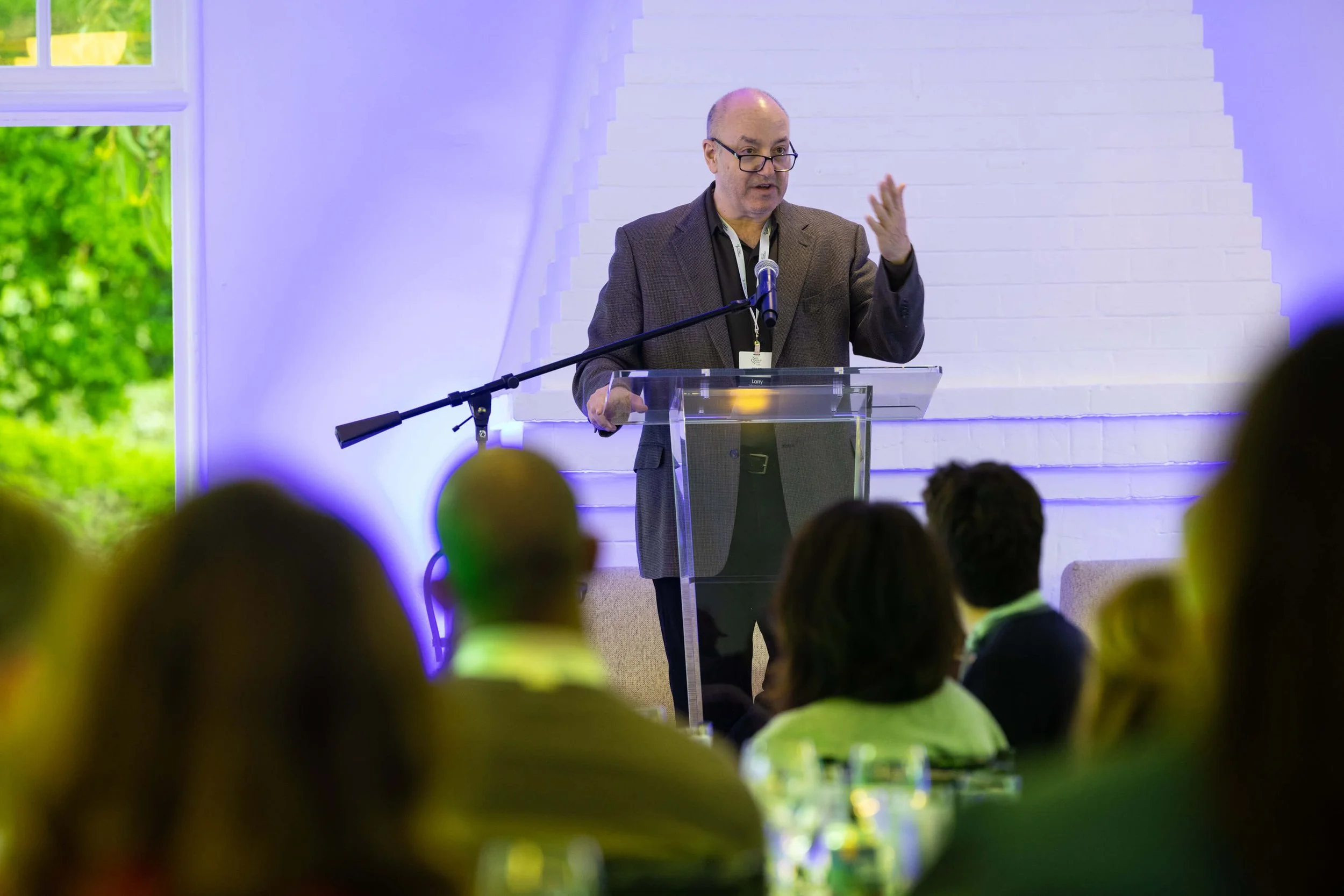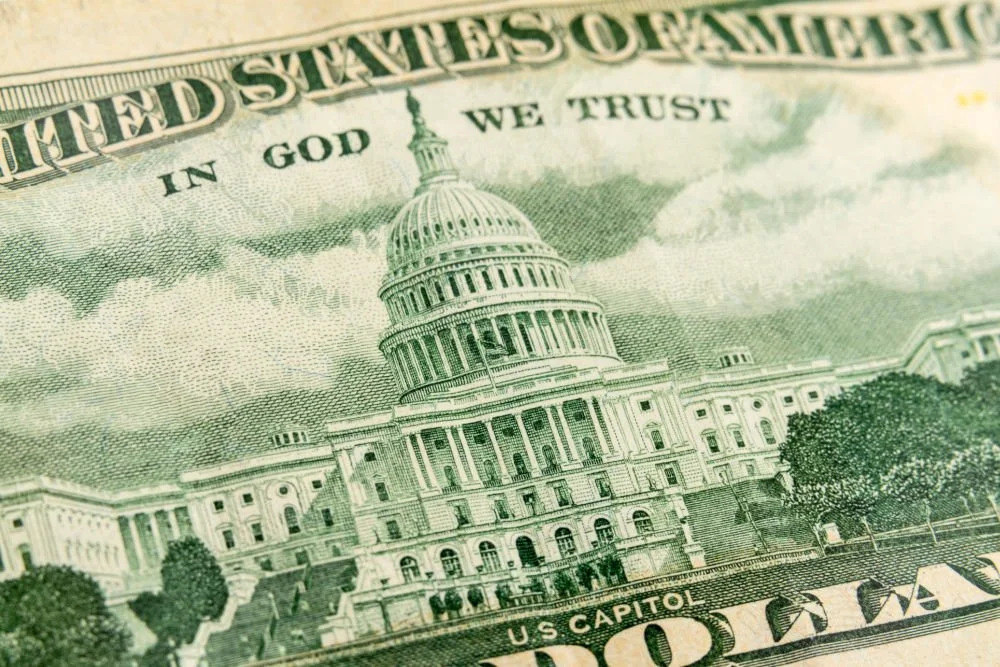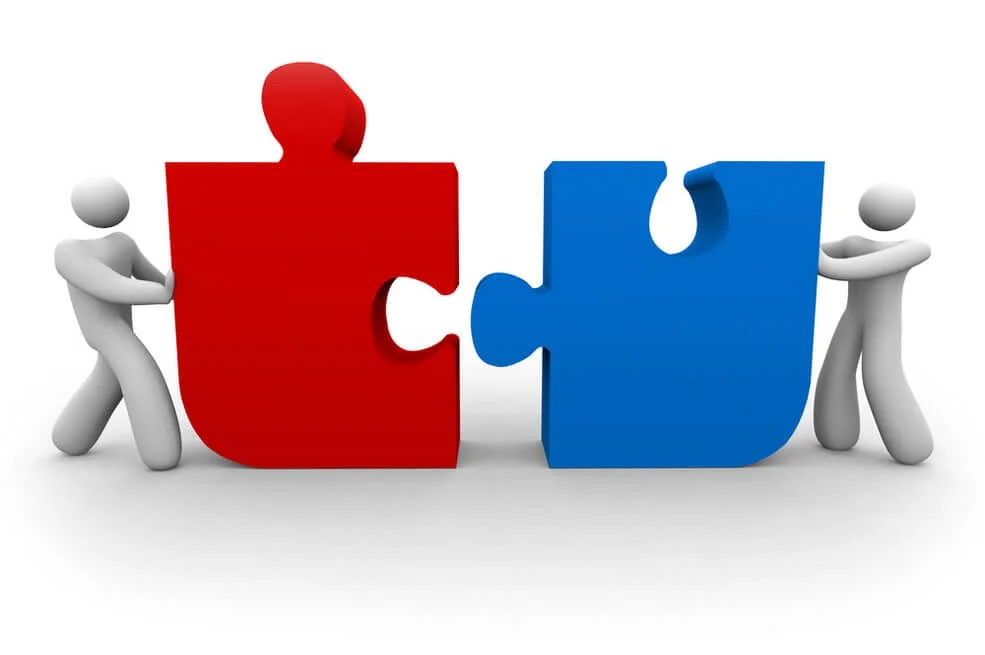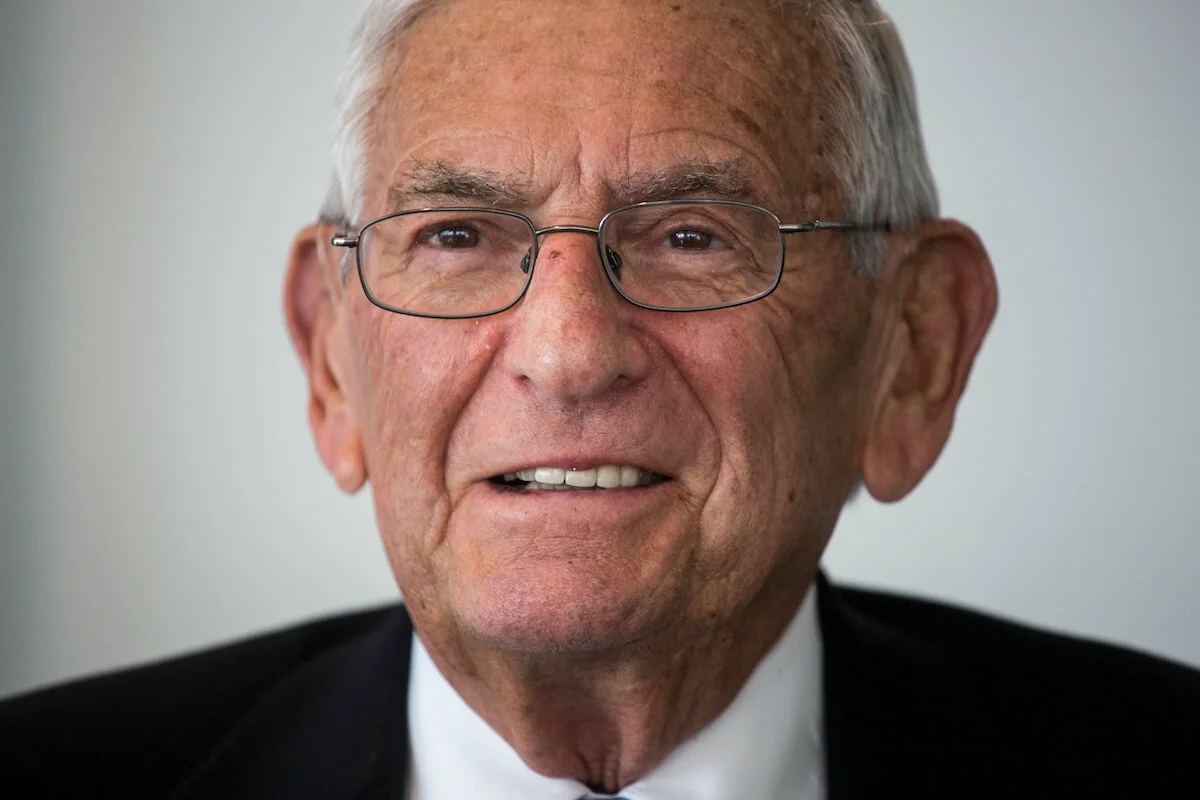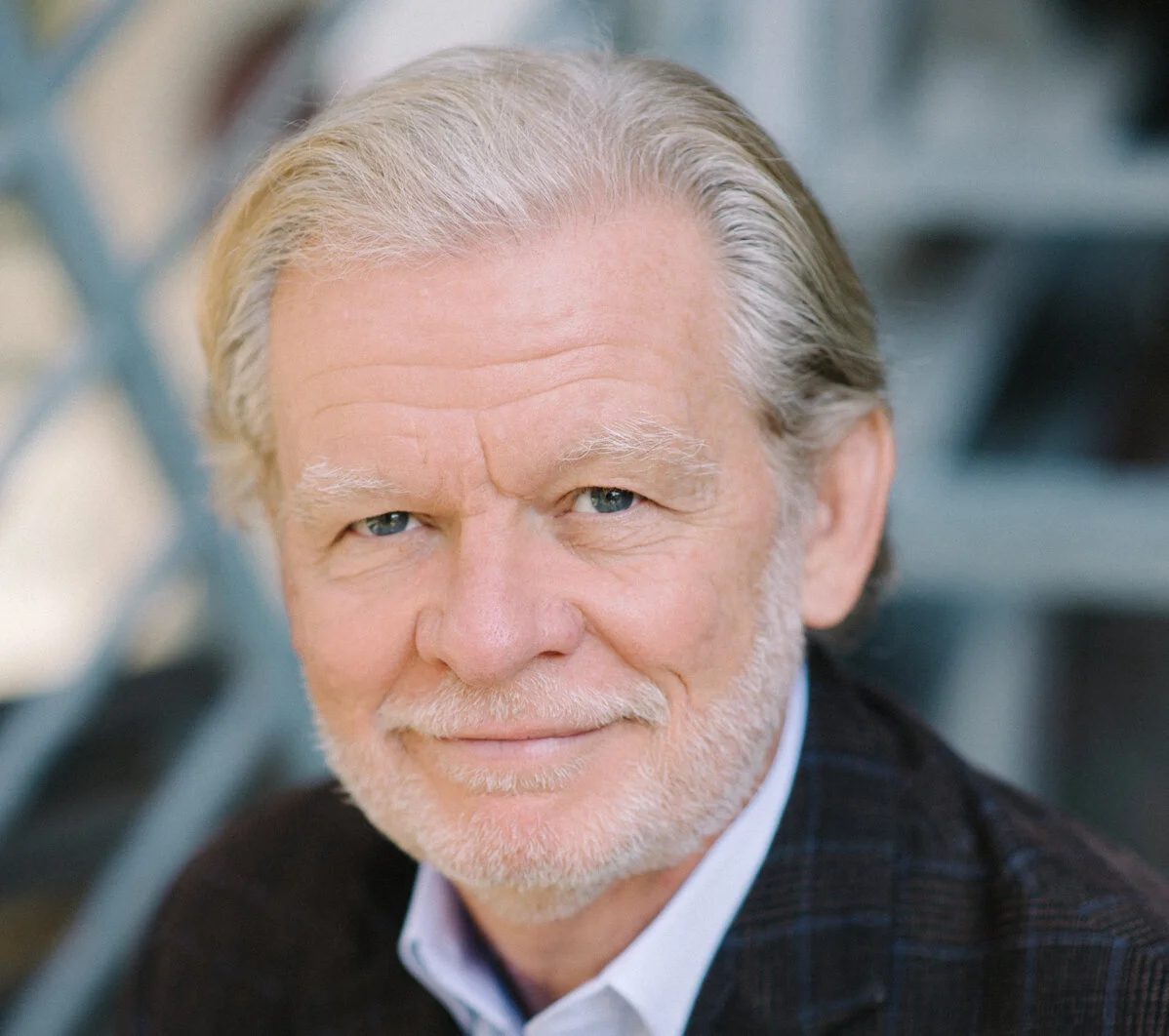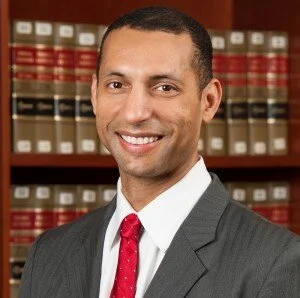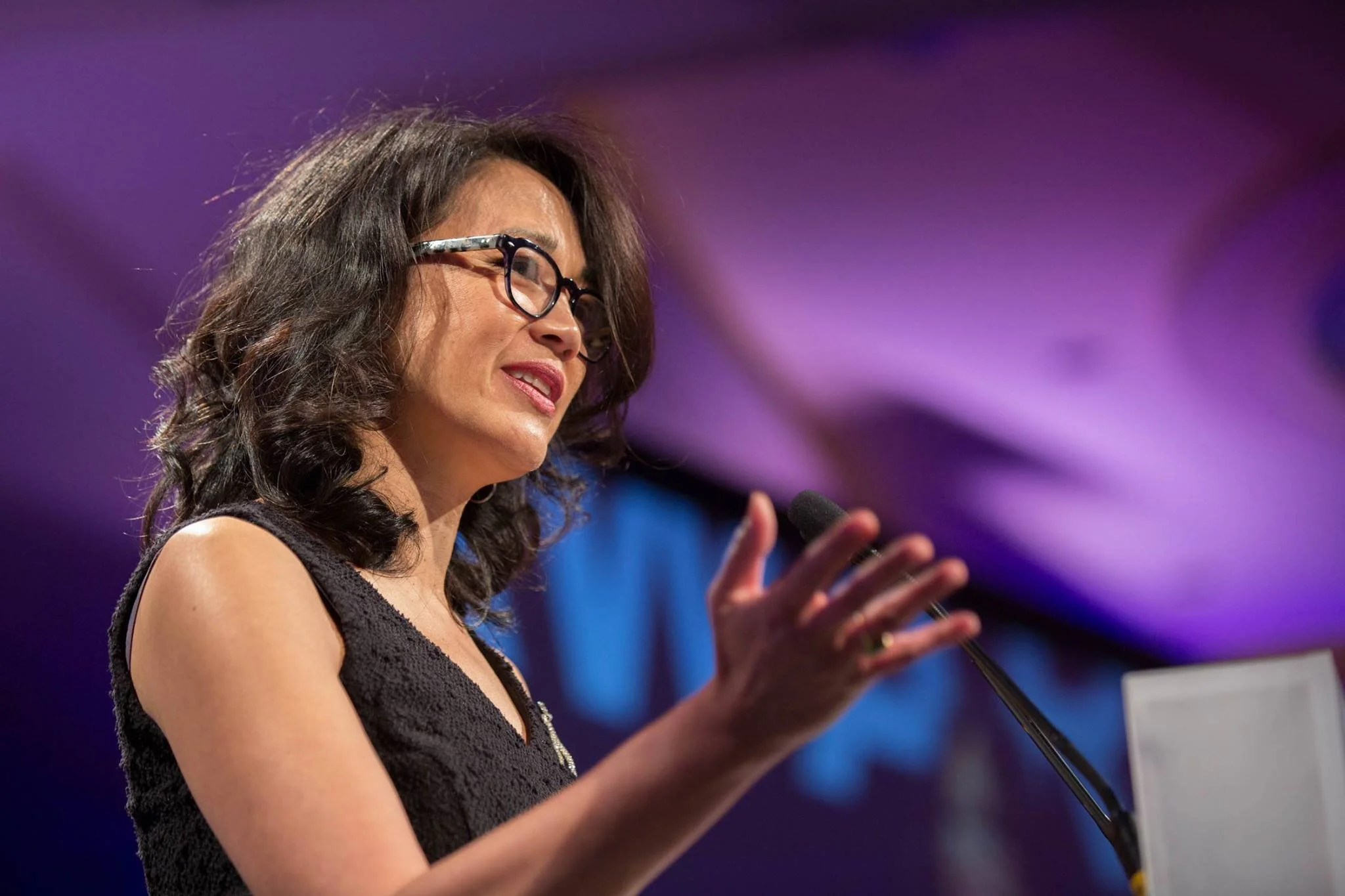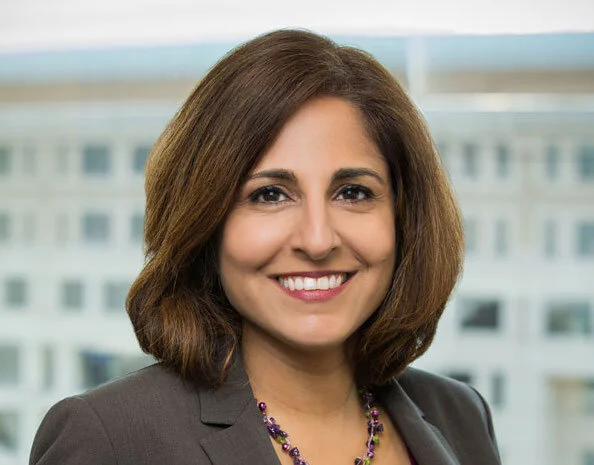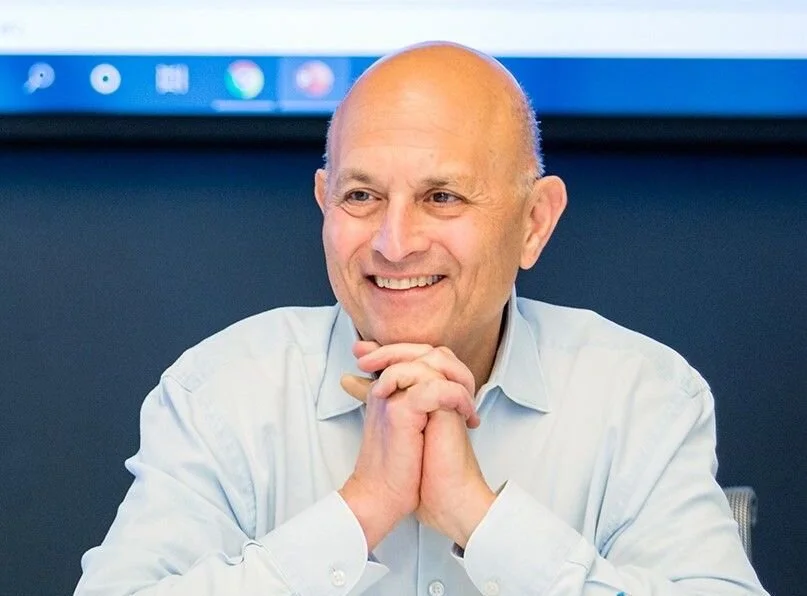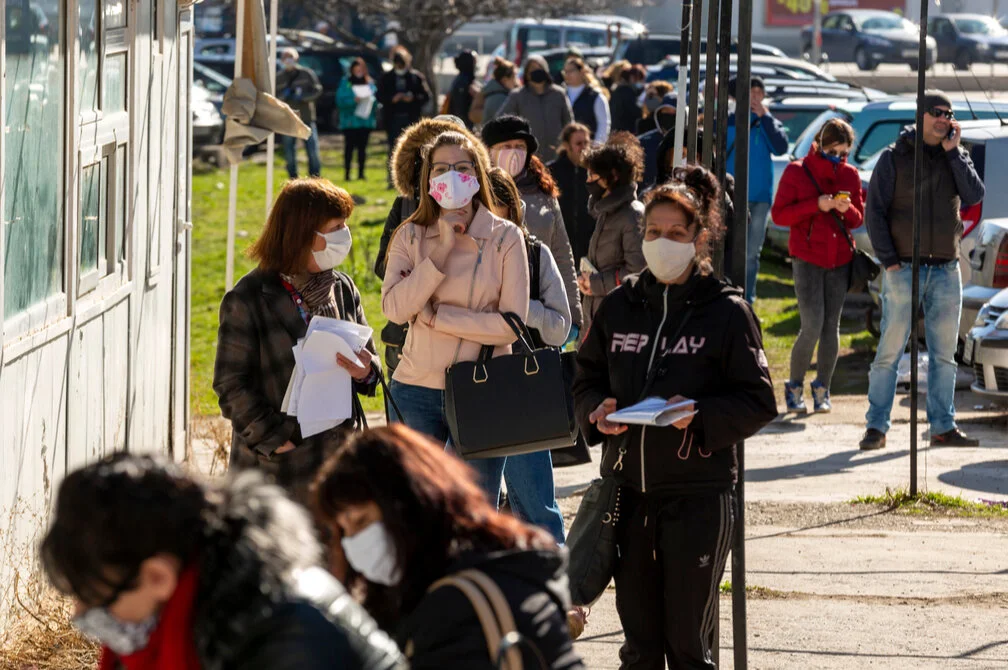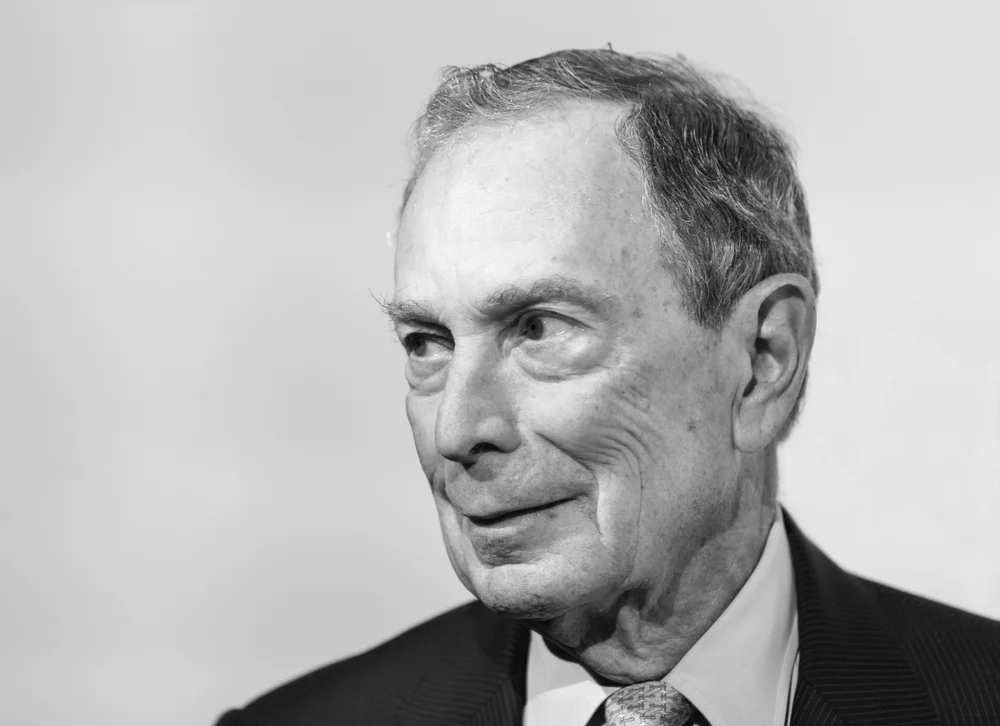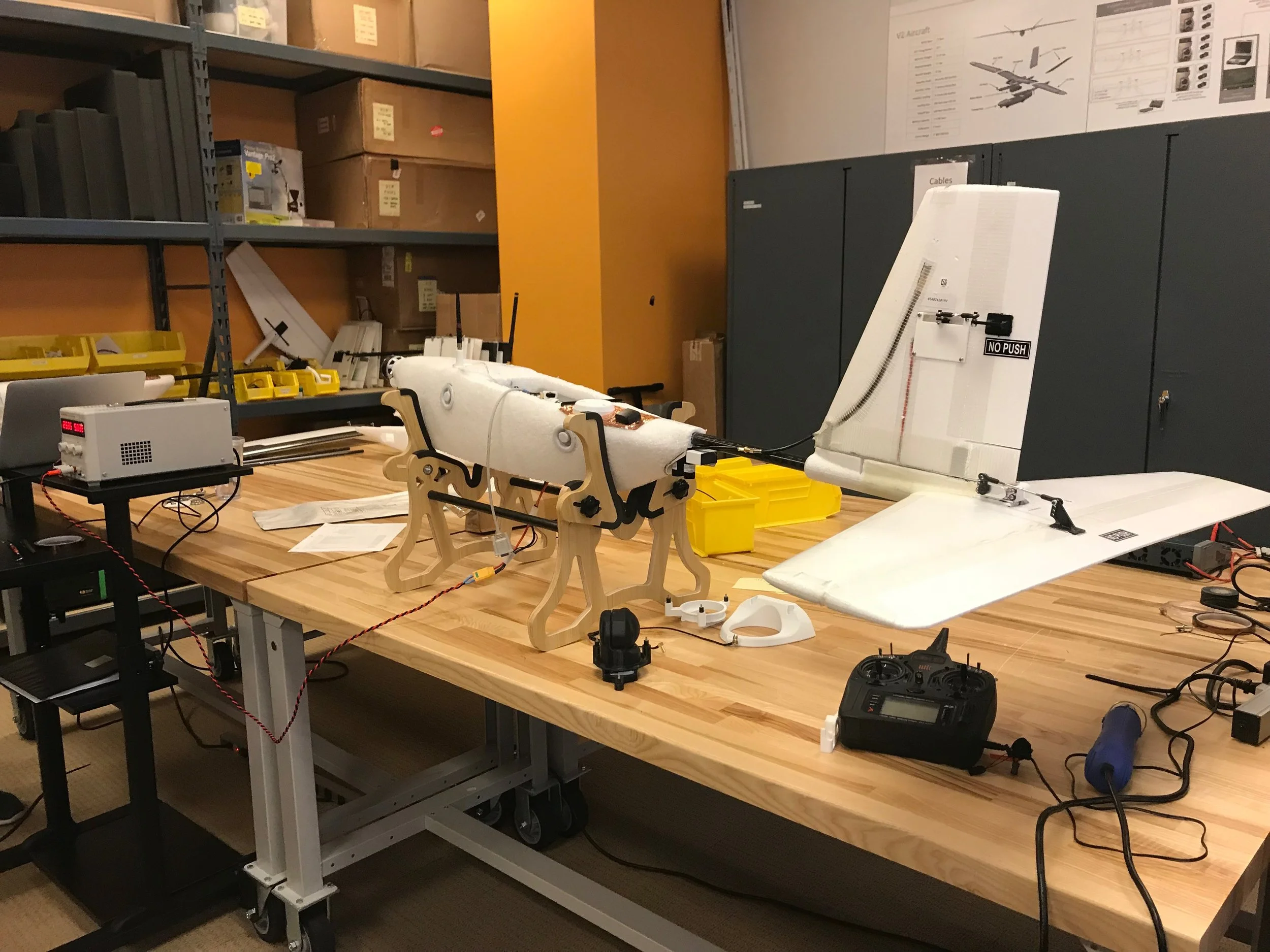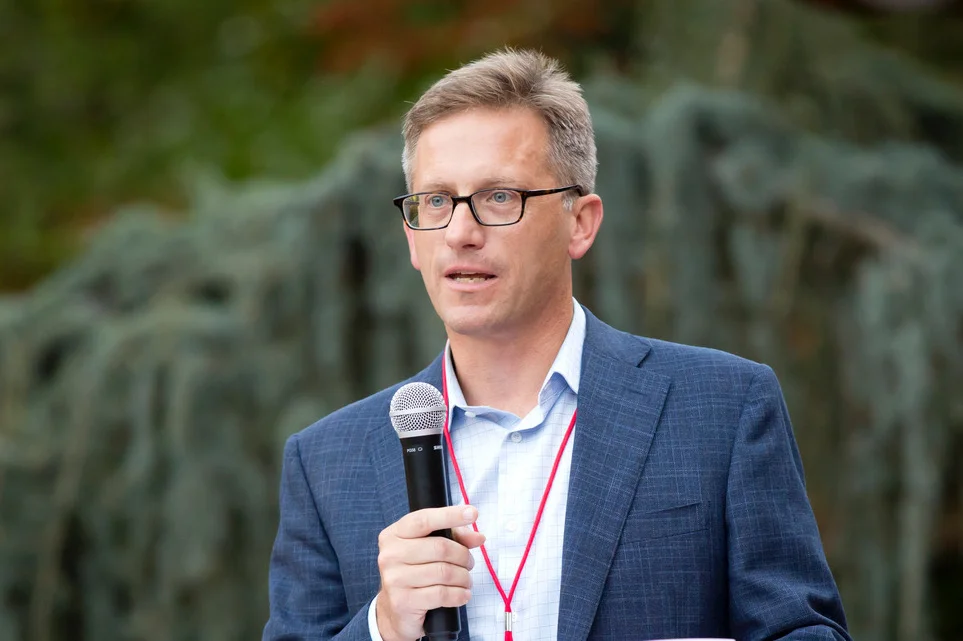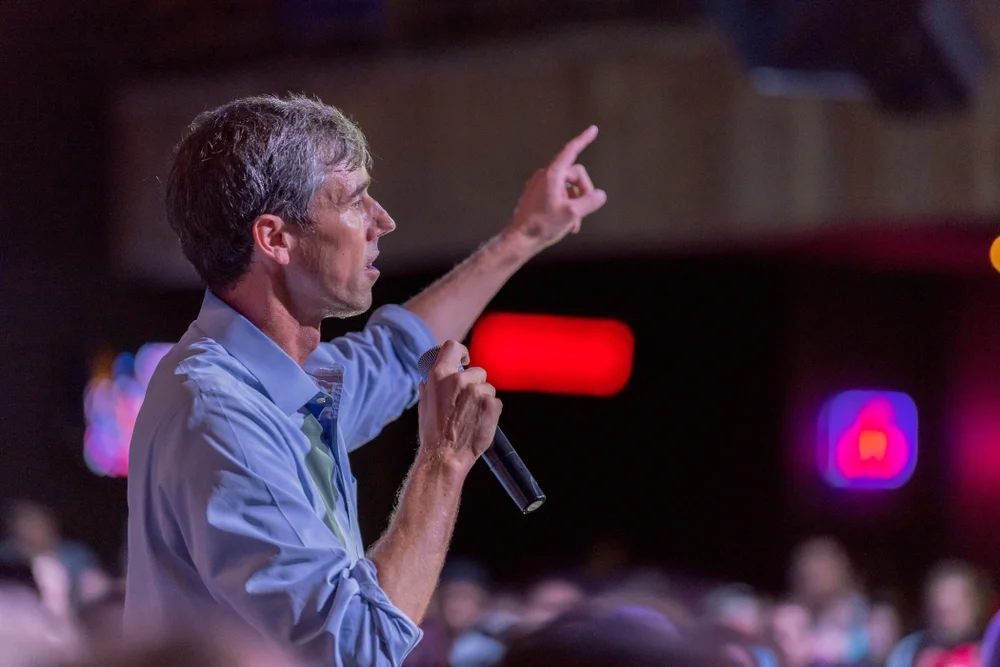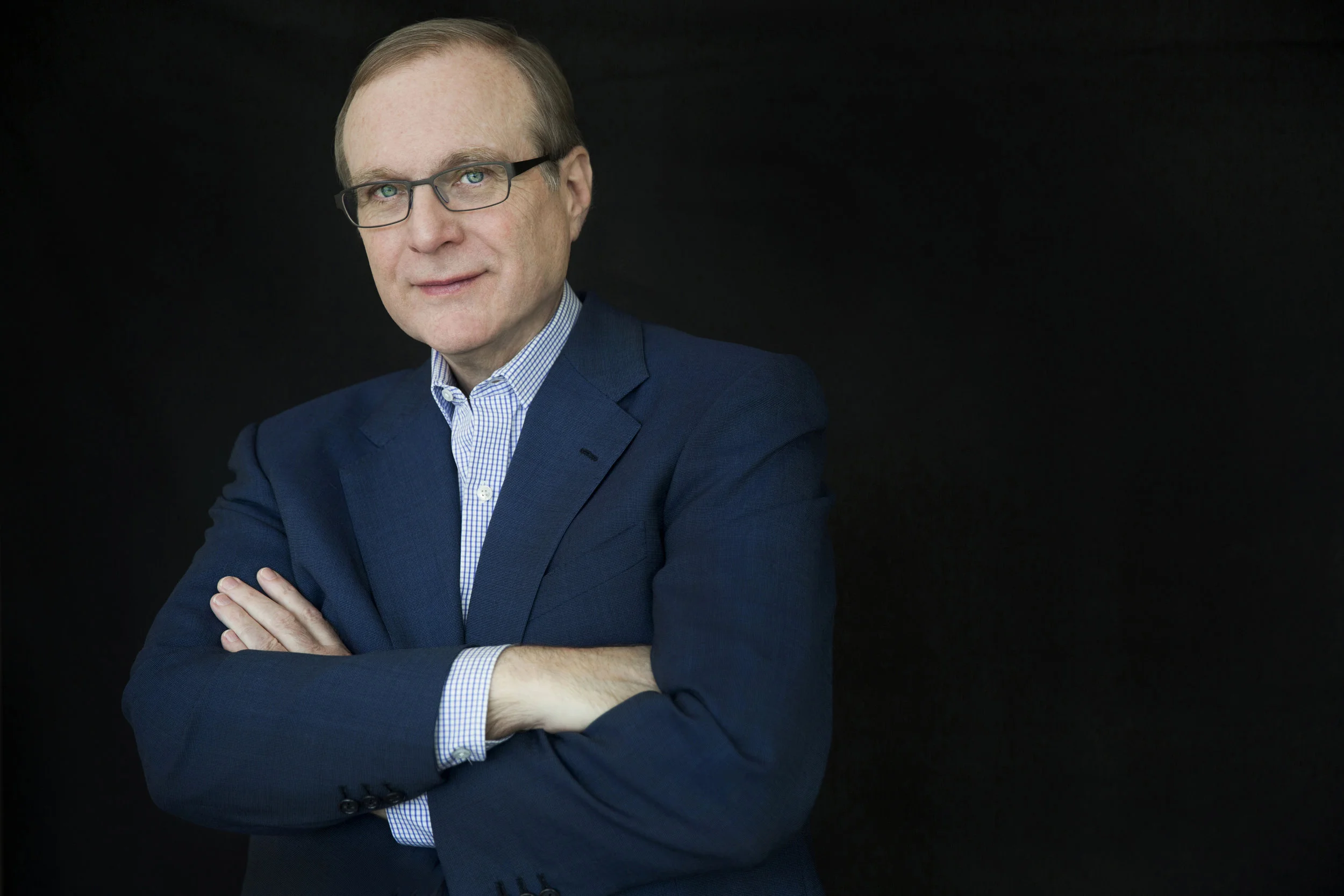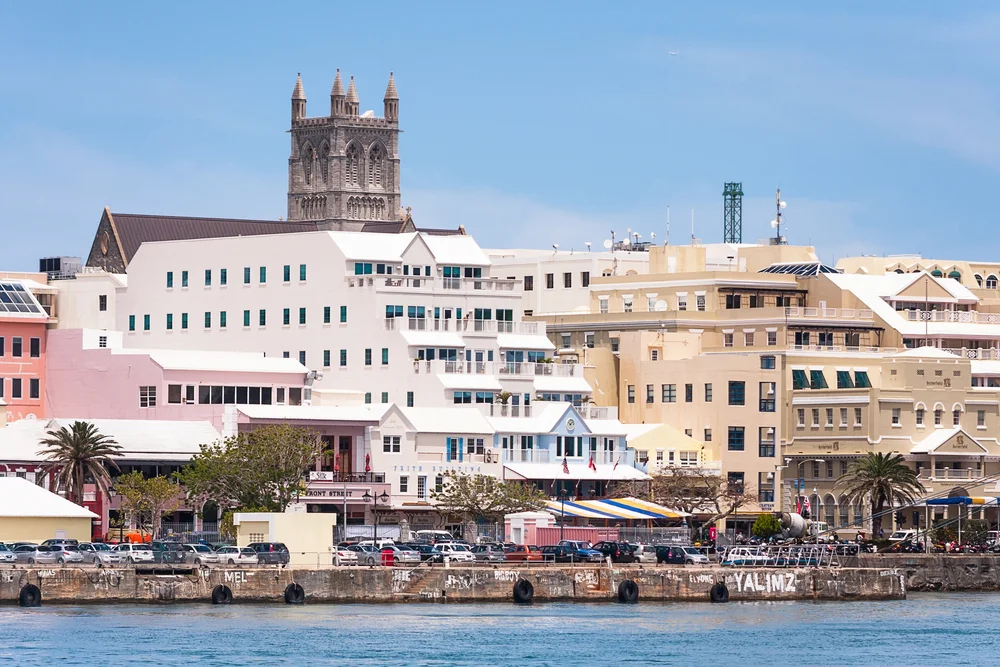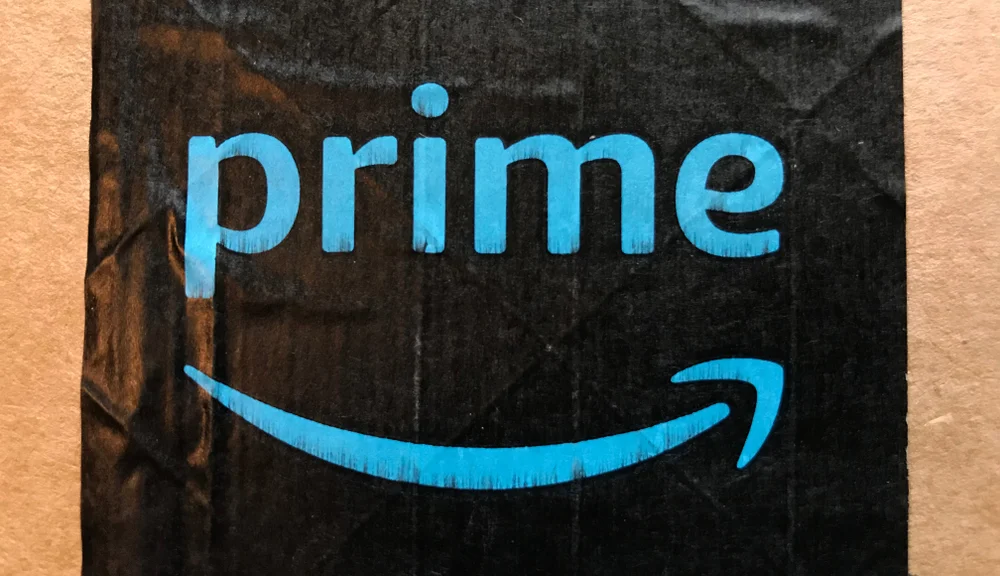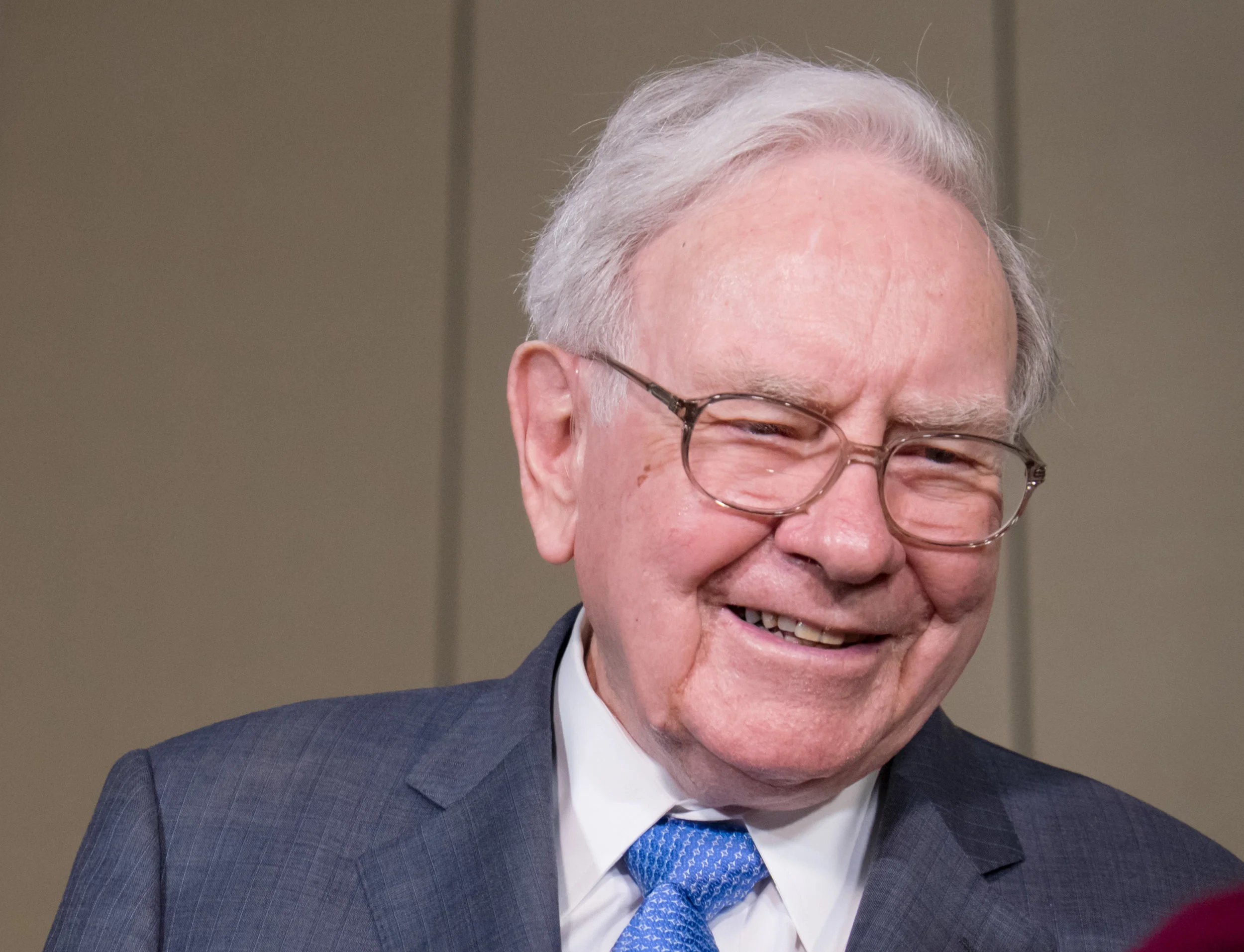This Huge Gift Made History. What's Been the Impact?
/Ted turner. Photo: Albert H. Teich/shutterstock
Recent years have seen an influx of billionaire donors into philanthropy who have ambitious goals and are making big gifts. In fact, there are so many of these mega-givers active these days that it can be hard to keep track of them all (although we do our best at IP.)
If I had to pick a start date for this new era of outsized individual giving, it would be September 18, 1997, 20 years ago today. That was when media mogul Ted Turner announced, at a dinner held in New York, that he would donate the remarkable sum of $1 billion to support United Nations programs over 10 years.
At the time, it was among the biggest gifts ever made by a philanthropist, if not the biggest—twice the amount that Walter Annenberg had pledged in 1993 to improve U.S. education. Even today, with huge donations coming at a steady clip, the scale of Turner’s move is pretty impressive. It’s hard to think of more than a handful of donors over the past two decades who have announced commitments on that level to support a specific cause or institution.
I’ll say more in a moment about what Turner’s gift achieved. But first, let’s talk about its symbolic impact at the time.
Turner made his announcement as the wealth of America’s far upper class rose stratospherically as the U.S. economy surged—especially the technology and telecommunications sectors. While that go-go period would end with a crash, the upward march of billionaire fortunes that began during this time has only accelerated. Back in 1997, you needed only $475 million to enter the Forbes 400 list (or $733 million in today’s dollars). Twenty years later, you need around $1.7 billion.
A big goal of Turner’s gift was to send a message to his fellow winners. He wrote later that he “was putting other rich people on notice that I would be calling on them to be more generous.”
By the 1990s, Turner had already been involved in philanthropy for many years, saying later that the value of giving had been instilled in him by his father. But as Turner’s wealth soared, he believed he needed to step things up in a big way. As he would later tell CNN’s Larry King: "There are so many rich guys in the world, billionaires. The world is awash in money, and nobody knows what to do with it.”
Earlier in 1997, Turner made news when he publicly chided other billionaires like Bill Gates and Warren Buffett for not giving away enough of their wealth. "What good is wealth sitting in the bank?" he said. "It's a pretty pathetic thing to do with your money." His gift for the United Nations, he said later, was made somewhat spontaneously and expressed his feeling that “it was time for me to get out in front of the parade.”
It’s hard to say how much influence Turner’s gift had on the super wealthy. But it got enormous attention at the time and elevated philanthropy as a topic that came up in relationship with the new booming fortunes and rising inequality. It likely increased the pressure on Bill Gates—then, as now, America’s richest person—to start giving in a bigger way. Two years later, Gates would make his own historic pledge—also for $1 billion, as it happens—to finance scholarships over two decades for students of color in the fields of education, math, science and engineering. Within a decade of Turner's historic pledge, a new era of individual mega-giving would be fully underway.
So now, let’s turn back to the question of what Turner’s gift actually achieved.
After Turner made his gift, there was a lot of cluck-clucking of tongues about how he was pouring his money into a black hole of ineffective bureaucrats. But as things turned out, the money was used to create and fund the operations of a new United Nations Foundation—which, in turn, raised additional funds to support a range of programs. The foundation estimates that is has now “leveraged Ted’s gift to invest more than $2 billion in global causes.” And while it received the last installment of Turner’s gift a while ago, the foundation still seems to be going strong.
Among the foundation’s top accomplishments over recent years has been its work to reduce malaria deaths. It reports that its Nothing But Nets campaign, launched in 2006, “has raised over $60 million to deliver 12 million bed nets to families in need, such as refugees in sub-Saharan Africa, along with other solutions to fight malaria.”
Success in reducing malaria deaths stands as one of the real bright spots in global health over recent years. New efforts in this area have averted some 6.8 million deaths since 2001, according to the WHO. The annual death toll from malaria has been cut nearly in half during this period. According to GiveWell, investing in bednets is among the most cost-effective ways to save lives. To its credit, the U.N. Foundation was focused here early on.
The foundation was also ahead of the curve in another of its key priorities—empowering girls and women in poor countries. It claims, rightly, that it “helped put the rights and needs of adolescent girls on the global agenda.” The U.N. Foundation’s longtime founding CEO, Tim Wirth, a former U.S. senator and Undersecretary of State, was passionate about gender equity and used the new organization created with Turner’s gift to push this cause relentlessly over many years and through various initiatives. (More here.)
The U.N. Foundation has engaged in a range of other activities, too, including on energy and climate. While it’s beyond my capacity to say how effective its various programs have been, there’s no question that Turner’s gift has funded and catalyzed an enormous amount of important work over the years. Turner certainly seems pleased with what the U.N. Foundation has done with his money, calling it "the best investment I’ve ever made" in a letter released today.
Maybe the most unique thing about the gift, and the institution it created, is that it advanced the case for a strong United Nations. The foundation reports that through its work, and that of its sister organizations, the Better World Campaign and the United Nations Association of the USA, it “has built the largest network of U.S. supporters of the U.N., helping advocate for U.S. funding for the U.N.” That network includes hundreds of new local groups.
The foundation says these advocacy efforts have “helped successfully deliver full American funding to the U.N.'s lifesaving humanitarian, development, and peacekeeping work, securing more than $35 billion over the past 10 years, with over $20 billion of that in the past five years alone.”
Again, it’s impossible to evaluate this claim of impact. But it's notable that a portion of Turner's money was used to build a strong grassroots constituency for the U.N.—avoiding a common mistake that policy organizations often make, which is to assume that the wisdom of smart wonks will prevail. To the extent that Turner’s gift influenced U.S. policy and contributions to the United Nations in a significant way, it’s a great example of high-leverage strategic philanthropy. Few other donors or foundations have ever bothered to invest major resources in bolstering the United Nations—meaning that Turner has been a dominant funder in a critically important niche.
Twenty years ago, many people thought Ted Turner was naive to place so much faith in the United Nations, an institution with famous problems and shortcomings. These weaknesses of the U.N. endure. But if you look around at the many activities that the U.N. is engaged in right now, especially its 15 peacekeeping operations on four continents and the far-flung work on refugees by UNHCR, it’s hard to imagine what the world would be like without the United Nations.
That he believed so deeply in the indispensability of U.N. is not the only reason that Ted Turner should be regarded as a visionary philanthropist. Turner was also a very early supporter of work combating climate change and other environmental causes. Beyond his gift to the U.N., Turner's next-largest commitment as a philanthropist was to the Nuclear Threat Initiative, which he helped create in 2001 with a $250 million pledge. Turner made this commitment after many other funders had moved on from nuclear security following the end of the Cold War. But Turner believed the view of Sam Nunn and other experts that the threat from nuclear weapons had not receded with the demise of the Soviet Union—and, in fact, could even become worse.
Amid the recent nuclear brinksmanship on the Korean peninsula, Turner’s big bet around nuclear security is looking more far-sighted than ever.
One last thing about Ted Turner: He still has an estimated fortune of $2.2 billion and has signed the Giving Pledge. So it’s likely that the story about his outsized philanthropy is not yet over.


